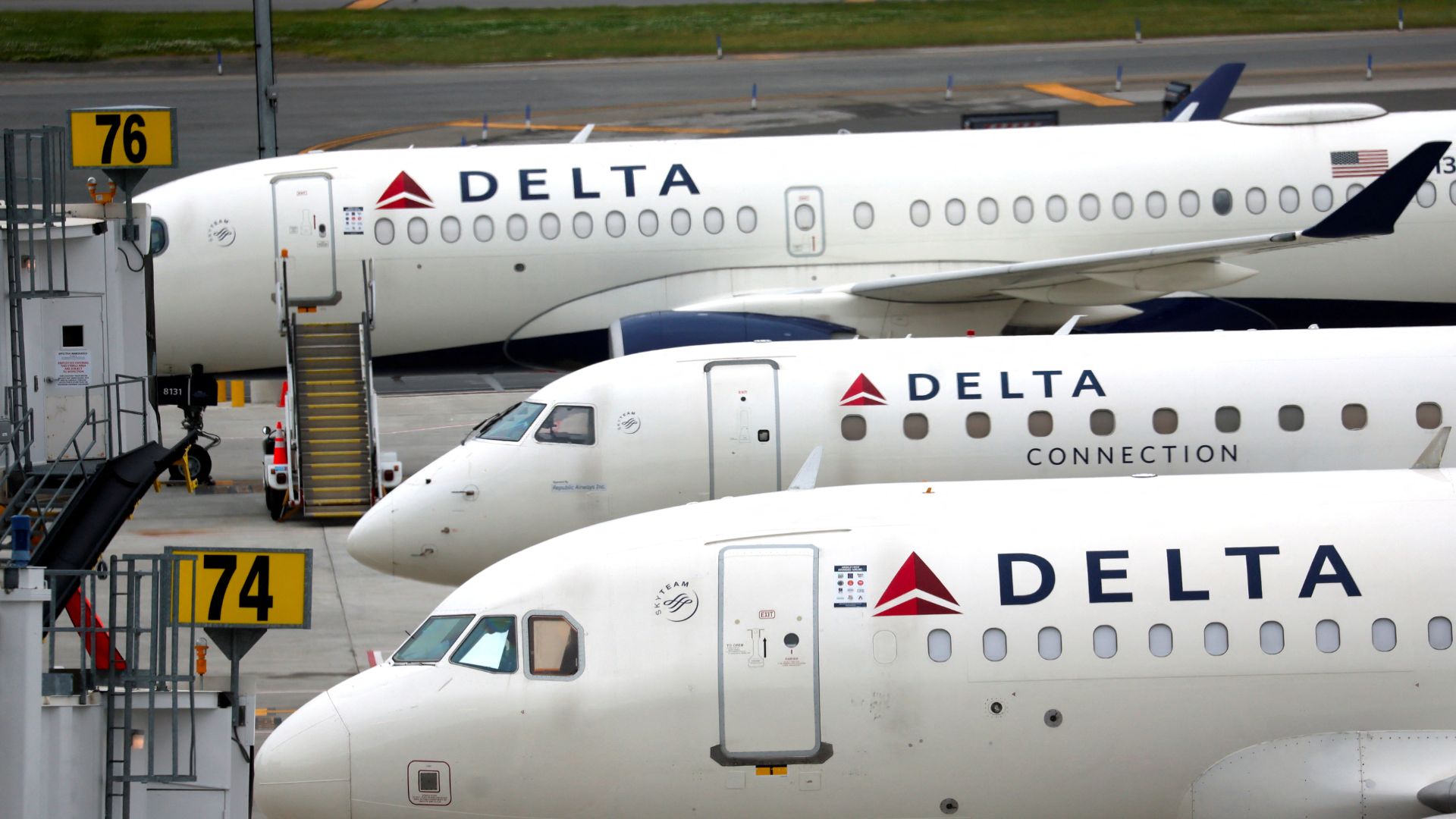Delta Air Lines and United Airlines have been ordered by a federal judge to face a consumer antitrust class action lawsuit alleging that major U.S. carriers conspired to artificially inflate domestic airfares by reducing available seating capacity.
U.S. District Judge Colleen Kollar-Kotelly in Washington, D.C., delivered her decision on Tuesday, acknowledging that passengers had presented a “fair amount” of circumstantial evidence indicating a conspiracy to limit seating capacity, ultimately boosting industry profits.
The lawsuit, initiated in 2015 following a U.S. Department of Justice investigation into potential anticompetitive practices by airlines, persisted despite the absence of formal charges. Passengers asserted that a conspiracy dating back to 2009, characterised as “capacity discipline” by the carriers, drove up ticket prices and limited flight options.
Previously, American Airlines and Southwest Airlines settled the claims for $45 million and $15 million, respectively, without admitting wrongdoing.
Delta and United defended their seat capacity reductions, describing them as legitimate responses to decreased demand, rising fuel costs, and the 2008 global financial crisis. United even termed it “perfectly rational Economics 101.”
Both airlines had recently emerged from bankruptcy, with United in 2006 and Delta in 2007.
Delta, responding to the judge’s decision, expressed its commitment to continue defending against the lawsuit, asserting that it had always independently determined capacity based on market demand.
United, on the other hand, expressed disappointment and indicated its intention to seek reconsideration of the ruling or file an appeal.
The settlements involving American and Southwest gained final court approval in 2019, but payouts to affected passengers will not commence until the claims against Delta and United are resolved.



 Docos3 days ago
Docos3 days ago


 Shows3 days ago
Shows3 days ago


 News3 days ago
News3 days ago


 Money2 days ago
Money2 days ago


 Shows4 days ago
Shows4 days ago


 News2 days ago
News2 days ago


 News3 days ago
News3 days ago


 News2 days ago
News2 days ago







